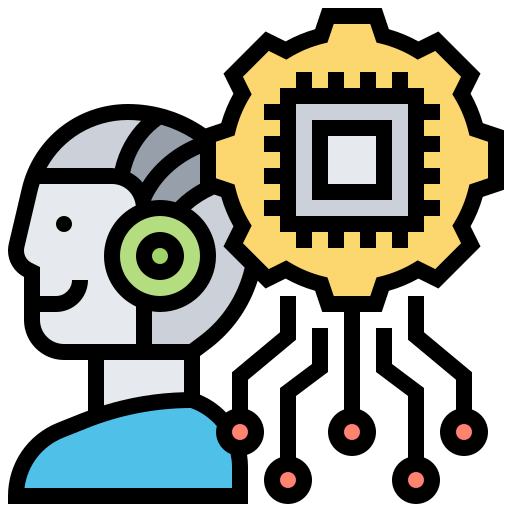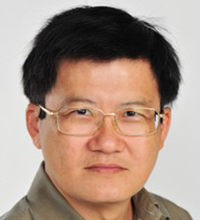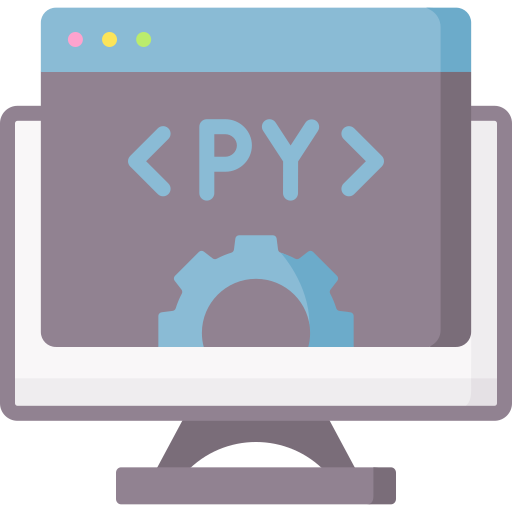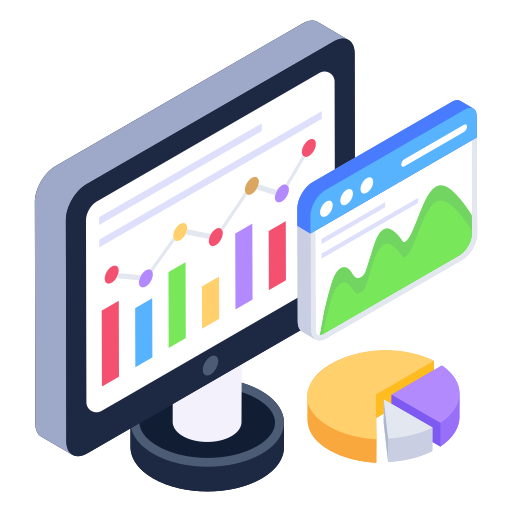Professional Certificate in AI-Enhanced Pedagogy
The Professional Certificate in AI-Enhanced Pedagogy is an innovative programme designed to equip teachers with the knowledge and skills to effectively integrate AI into their teaching practices. This programme aims to enhance the educational experience by leveraging AI technologies to create more personalised, efficient, and engaging learning environments.
At the end of the programme, learners will be well-equipped to harness the power of AI in their educational environments, ensuring that they are prepared for the future of teaching and learning.
- Contextualised: By drawing on real-world examples and textbooks used in local schools, the curriculum integrates activities and examples directly relevant to the Singaporean educational context.
- In-Depth Learning: This programme goes beyond the basics by delving into advanced AI concepts such as machine learning and natural language processing.
- Automation: Learn how to automate administrative tasks to boost productivity in the classroom.
- Personalisation: Be equipped with the skills to tailor learning experiences to the individual needs, preferences, and pace of students.
- Convenience: This programme utilises synchronous e-learning, allowing learners to attend lessons from anywhere, eliminating the need for commuting.
| Course Title | Objective |
| Python is ranked the top programming language both in the recent IEEE Spectrum annual ranking of the top programming languages and in the Popularity of Programming Language Index. Its popularity is driven by the vast number of specialised libraries available for it and its simple syntax which results in high code readability. Learners will be taught computational thinking concepts using Python, develop and implement Python applications and create data visualisations using Matplotlib. At the end of the course, learners will be able to:
|
| In today’s rapidly evolving educational landscape, the ability to harness data effectively has become increasingly vital for teachers striving to optimise learning outcomes. This course offers a comprehensive exploration into the practical applications of data analytics within educational settings, equipping learners with the tools and knowledge needed to leverage data for informed decision-making and enhanced student engagement. Learners will delve into various facets of data analytics, from understanding different types of educational data to mastering essential data analysis techniques. Learners will gain hands-on experience in collecting, cleaning, analysing, and interpreting data, which enables them to extract meaningful insights. At the end of the course, learners will be able to:
|
 Course 3 | Machine learning has become a transformative force with profound implications across various industries, including education. This course is designed to empower teachers with the knowledge and skills to understand and harness the potential of machine learning, enabling them to introduce their students to this exciting field and prepare them for future careers. Learners will get to explore the fundamentals of machine learning and its applications. From supervised and unsupervised learning techniques to model evaluation and real-world case studies, this course will provide learners with a solid foundation in machine learning concepts and equip them with practical skills to incorporate machine learning into teaching practices. At the end of the course, learners will be able to:
|
Course 4 | In today’s digital age, vast amounts of textual data are generated every day, presenting both opportunities and challenges for teachers. Natural Language Processing (NLP) is a powerful set of techniques that enables computers to understand, interpret, and generate human language, opening new possibilities for enhancing teaching and learning experiences. At the end of the course, learners will be able to:
|
Software Requirement
This course will utilise Anaconda Distribution, a comprehensive platform for data science and machine learning. Prospective learners are encouraged to download and install the software on their computers before the course begins to ensure a seamless learning experience. The software is available for free and can be downloaded from the official Anaconda website. Detailed setup instructions will be provided during the course but prior installation is highly recommended.
This programme is ideal for teachers who are:
|
Venue: Virtual (Online), NTU e-Learning platform
Time: 8:30 am - 12:00 pm
| Course | Course Dates |
|---|---|
| Python Programming for Teachers | 4, 8, 11, 14 Jun 2025 |
| Data Analytics for Teachers | 18, 21, 25, 28 Jun 2025 |
Machine Learning for Teachers | 19 & 26 Jul, 2 & 10 Aug 2025 |
| Natural Language Processing for Teachers | 30 Aug, 6, 13 & 20 Sep 2025 |
Note: NTU reserves the right to change the date, venue, and mode of delivery due to unforeseen circumstances.
Upon completing all four courses, learners will be awarded a Professional Certificate in AI-Enhanced Pedagogy, demonstrating their proficiency in these essential areas of AI-enhanced teaching tools. |
| Fee and Funding | ||||
|---|---|---|---|---|
| Course | Standard Fee (Inclusive of 9% GST) | Singapore Citizens (aged 21-39) / PR (aged ≥21) 70% Funding | Singapore Citizens (aged ≥40) MCES1 - up to 90% | SME-sponsored Singapore Citizens / PR ETSS2 - up to 90% |
| Professional Certificate in AI-Enhanced Pedagogy | S$7,848 | S$2,354.40 | S$914.40 | S$914.40 |
Funding Requirements:
- You must achieve a minimum of 75% attendance for each course.
- You must complete and pass all assessment components.
Read more about funding here.
• NTU/NIE alumni may utilise their $1,600 Alumni Course Credits. Click here for more information.
 | Dr. Lee Chu Keong Dr Lee is currently the Assistant Chair (Lifelong Learning and International Relations) and programme director of the MSc (Knowledge Management) programme at the Wee Kim Wee School of Communication and Information at the Nanyang Technological University (NTU) in Singapore. He is a chemical engineer by training, but furthered his studies in the areas of information science and knowledge management. In addition to NTU, he has also held teaching positions at Singapore Polytechnic and Temasek Polytechnic. His current teaching assignments include graduate courses in the areas of knowledge management, business information sources and services, and data science. He strongly believes that everyone should be able to think computationally. |














/enri-thumbnails/careeropportunities1f0caf1c-a12d-479c-be7c-3c04e085c617.tmb-mega-menu.jpg?Culture=en&sfvrsn=d7261e3b_1)

/cradle-thumbnails/research-capabilities1516d0ba63aa44f0b4ee77a8c05263b2.tmb-mega-menu.jpg?Culture=en&sfvrsn=1bc94f8_1)


 Course 1
Course 1